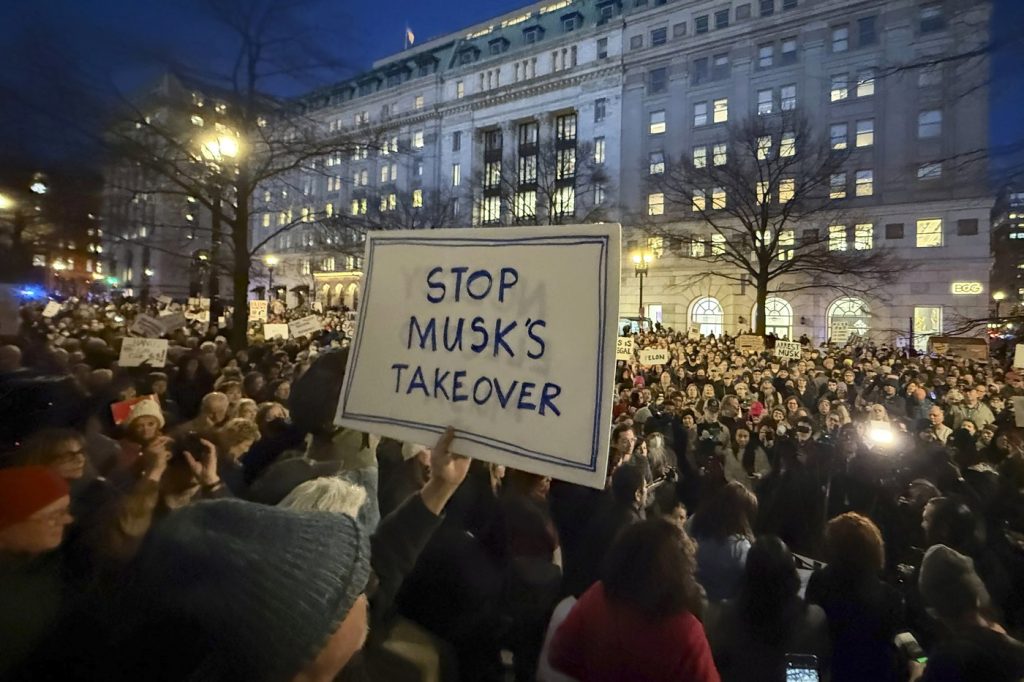On a recent Friday, a federal judge in Manhattan, Judge Jeannette A. Vargas, made a significant ruling regarding Elon Musk's Department of Government Efficiency (DOGE) and its access to sensitive information within the Treasury Department. The judge extended an existing ban that prevents DOGE from accessing this crucial data, but notably, she rejected more extensive restrictions that had been sought by 19 Democratic state attorneys general who filed a lawsuit concerning the matter.
In her ruling, Judge Vargas issued a preliminary injunction that continues the ban on DOGE's access while also indicating that the restriction may be lifted if the Treasury Department certifies by March 24 that members of DOGE have completed the necessary cybersecurity training. This requirement emphasizes the importance of ensuring that those handling sensitive data are adequately prepared to protect it from potential breaches.
Vargas articulated her concerns regarding the potential risks associated with a cybersecurity breach, stating, "Without addressing these issues, the potential consequences of a cybersecurity breach could be catastrophic." This strong statement underlines the judge's commitment to safeguarding personal data for millions of Americans, reflecting the broader anxieties surrounding data security in governmental processes.
The core of the lawsuit from the attorneys general was to impose a ban on Musk's DOGE team from developing automated or manual processes that could interfere with the flow of payments through the Treasury Department's payment systems. However, Vargas determined that instead of granting this expansive relief, a "narrowly tailored" remedy was a more appropriate solution to address the specific concerns of exposing private banking data during a possible data breach.
The decision illustrates a balance between the need for technological modernization within the Treasury's payment systems and the imperative to maintain security and privacy for American citizens. With the increased integration of technology in governmental functions, the need for robust cybersecurity measures has never been more pronounced, particularly as these systems manage sensitive financial information.
The judge's ruling not only highlights the complexities involved in integrating innovative technological solutions in government operations but also the critical need to prioritize cybersecurity. As the Treasury Department and DOGE navigate these changes, ensuring the integrity of sensitive data will remain a top priority. Overall, the case underscores an ongoing tension between the drive for modernization within government agencies and the protective measures necessary to uphold public trust and security.










